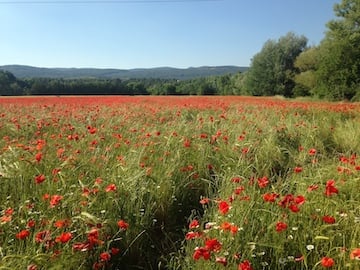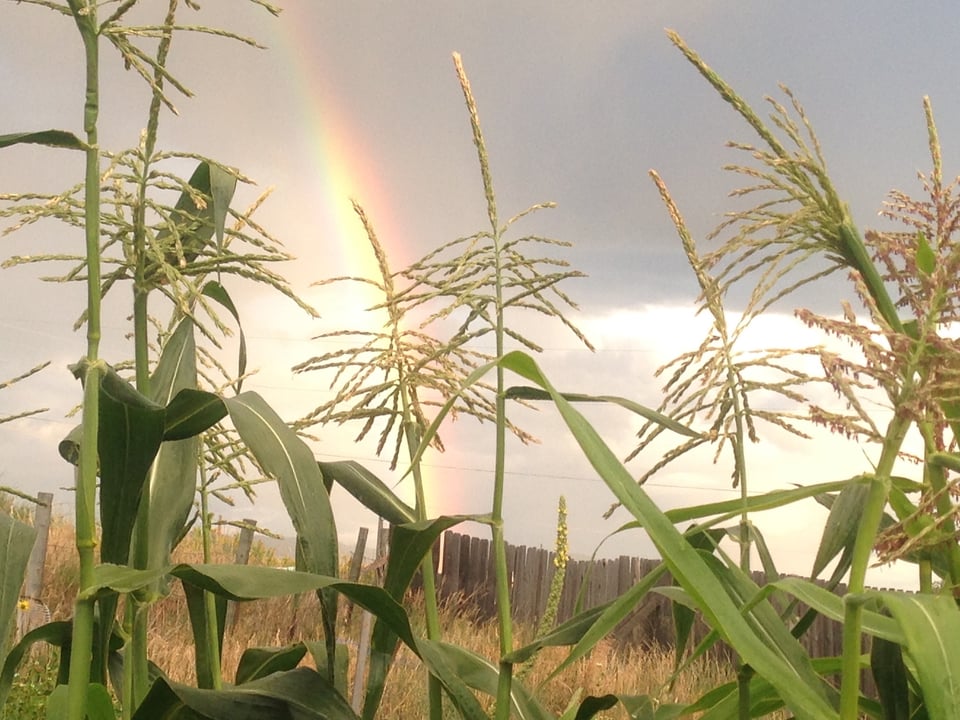It's the day celebrated as Mothers Day in the U.S.

As my heart weeps and I feel rage in my body about the ongoing preventable tragedies around the world, I feel called to turn away from my personal pain as I healing from cancer and radiation therapy…to look beyond and share with you the true meaning and background of what is called Mothers Day.
*****
Please read and share widely. May be individually and collectively grieve the human suffering caused by war. AND may we firmly choose to take whatever actions we can on behalf of addressing and healing the bitterness and hatred we individually carry in our own hearts, and at the same time commit to working to ending war and creating genuine peace and prosperity around the world… whatever that may look like and however small and insignificant we may think our contribution is. We have the power to effect change!
Remembering that we humans are a part of the vast, complex, interdependent web of "Life" and have no right to intentionally cause harm to life on this exquisitely beautiful and sacred planet. When we stand by and do nothing to prevent wars except wring our hands, then we are complicit.
Blessed be. With love, Suzanne
The True Meaning and Value of Mothers Day

from Heather Cox Richardson’s Letters from an America and Marianne Williamson’s reflections and call to action

“Mothers’ Day”—with the apostrophe not in the singular spot, but in the plural—actually started in the, when the sheer enormity of the death caused by the Civil War and the Franco-Prussian War convinced writer and reformer Julia Ward Howe that women must take control of politics from the men who had permitted such carnage. Mothers’ Day was not designed to encourage people to be nice to their mothers. It was part of women’s effort to gain power to change society.
The Civil War years taught naïve Americans what mass death meant in the modern era. Soldiers who 1870s had marched off to war with fantasies of heroism discovered that newly invented long-range weapons turned death into tortured anonymity. Men were trampled into blood-soaked mud, piled like cordwood in ditches, or withered into emaciated corpses after dysentery drained their lives away.
The women who had watched their hale and healthy men march off to war were haunted by its results. They lost fathers, husbands, sons, and brothers. The men who did come home were scarred in both body and mind.
Modern war, it seemed, was not a game.
But out of the war also came a new sense of empowerment. Women had bought bonds, paid taxes, raised money for the war effort, managed farms, harvested fields, worked in war industries, reared children, and nursed soldiers. When the war ended, they had every expectation that they would continue to be considered valuable participants in national affairs, and had every intention of continuing to take part in them.
But the Fourteenth Amendment, which established that Black men were citizens, did not explicitly include women in that right. Worse, it introduced the word “male” into the Constitution when it warned states against preventing “male inhabitants” from voting. In 1869, the year after the Fourteenth Amendment was added to the Constitution, women organized two organizations—the National Woman Suffrage Association and the American Woman Suffrage Association—to promote women’s right to have a say in American government.
From her home in Boston, Julia Ward Howe was a key figure in the American Woman Suffrage Association.
NOTE: [Howe] was an enormously talented writer who in the early years of the Civil War had penned “The Battle Hymn of the Republic,” a hymn whose lyrics made it a point to note that Christ was “born of woman.”
Background: Howe was drawn to women’s rights because the laws of her time meant that her children belonged to her abusive husband. If she broke free of him, she would lose any right to see her children, a fact he threw at her whenever she threatened to leave him. She was not at first a radical in the mold of reformer Elizabeth Cady Stanton, who believed that women had a human right to equality with men. Rather, she believed strongly that women, as mothers, had a special role to perform in the world.
For Howe, the Civil War had been traumatic, but that it led to emancipation might justify its terrible bloodshed. The outbreak of the Franco-Prussian War in 1870 was another story. She remembered:
“I was visited by a sudden feeling of the cruel and unnecessary character of the contest. It seemed to me a return to barbarism, the issue having been one which might easily have been settled without bloodshed. The question forced itself upon me, ‘Why do not the mothers of mankind interfere in these matters, to prevent the waste of that human life of which they alone know and bear the cost?’”
Howe had a new vision, she said, of “the august dignity of motherhood and its terrible responsibilities.” She sat down immediately and wrote an “Appeal to Womanhood Throughout the World.” Men always had and always would decide questions by resorting to “mutual murder,” she wrote, but women did not have to accept “proceedings which fill the globe with grief and horror.” Mothers could command their sons, “who owe their life to her suffering,” to stop the madness.
"Arise, women!” Howe commanded. “Say firmly: ‘We will not have great questions decided by irrelevant agencies. Our husbands shall not come to us, reeking with carnage, for caresses and applause. Our sons shall not be taken from us to unlearn all that we have been able to teach them of charity, mercy and patience. We, women of one country, will be too tender of those of another country, to allow our sons to be trained to injure theirs.’”
Howe had her document translated into French, Spanish, Italian, German, and Swedish and distributed it as widely as her extensive contacts made possible. She believed that her Women’s Peace Movement would be the next great development in human history, ending war just as the antislavery movement had ended human bondage. She called for a “festival which should be observed as mothers’ day, and which should be devoted to the advocacy of peace doctrines” to be held around the world on June 2 of every year, a date that would permit open-air meetings.
...
As Howe worked to unite women, she came to realize that a woman did not have to center her life around a man, but rather should be “a free agent, fully sharing with man every human right and every human responsibility.” “This discovery was like the addition of a new continent to the map of the world,” she later recalled, “or of a new testament to the old ordinances.” She threw herself into the struggle for women’s suffrage, understanding that in order to create a more just and peaceful society, women must take up their rightful place as equal participants in American politics.
While we celebrate the modern version of Mother’s Day on May 12, in this momentous year of 2024 it’s worth remembering the original Mothers’ Day and Julia Ward Howe’s conviction that women must have the same rights as men, and that they must make their voices heard.”
*****
Julia Ward Howe’s full text of herMOTHER’S DAY PROCLAMATION
Boston, 1870
“Arise, then… women of this day!
Arise, all women who have hearts,
whether our baptism be that of water or of tears!
Say firmly:
We will not have great questions decided by irrelevant agencies.
Our husbands shall not come to us, reeking with carnage,
for caresses and applause.
Our sons shall not be taken from us to unlearn
all that we have been able to teach them of charity, mercy and patience.
We, women of one country, will be too tender of those of another country
to allow our sons to be trained to injure theirs.
From the bosom of the devastated earth a voice goes up with our own.
It says: Disarm, Disarm!
The sword of murder is not the balance of justice.
Blood does not wipe out dishonor,
nor violence vindicate possession.
As men have often forsaken the plough and the anvil
at the summons of war,
let women now leave all that may be left of home
for a great and earnest day of council.
Let them meet first, as women, to bewail and commemorate the dead.
Let them then solemnly take council with each other as to the means
whereby the great human family can live in peace,
each bearing after his own kind the sacred impress, not of Caesar,
but of God.
In the name of womanhood and of humanity, I earnestly ask
that a general congress of women, without limit of nationality,
may be appointed and held at some place deemed most convenient,
and at the earliest period consistent with its objects,
to promote the alliance of the different nationalities,
the amicable settlement of international questions,
the great and general interests of peace.“
This year, let’s embrace the meaning of these words more deeply than ever before. May their blossom in our hearts and turn our tears and outrage into powerful action.

You just read issue #43 of Suzanne Arms: My Take. You can also browse the full archives of this newsletter.
